Agroecological Natural Farming: A Sustainable Alternative to Chemical Farming
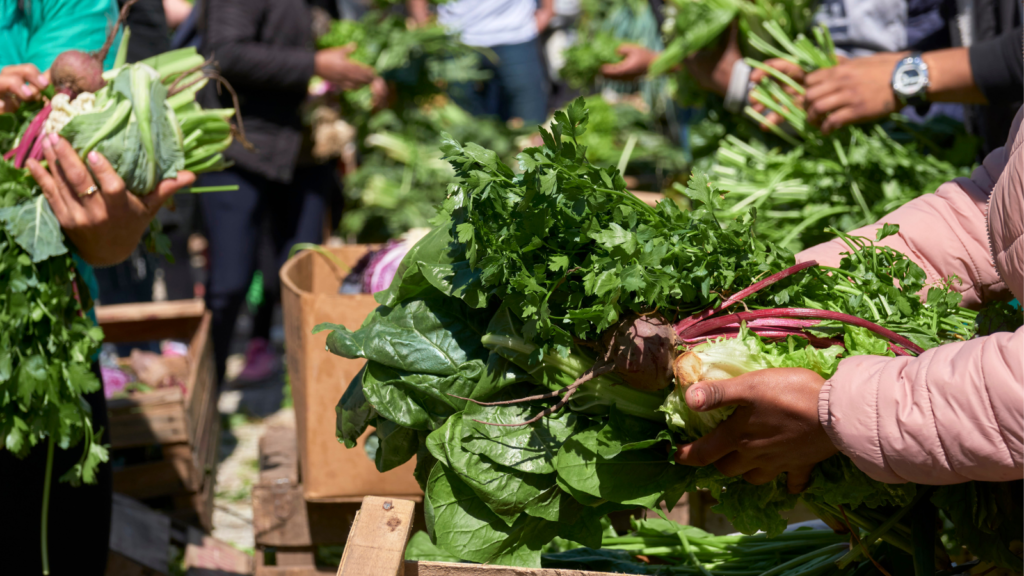
A groundbreaking study reveals the potential of agroecological natural farming as a transformative approach to sustainable agriculture. Conducted by GIST Impact in collaboration with the Global Alliance for the Future of Food, this research uses True Cost Accounting to assess farming systems’ impacts on the economy, society, and health. Titled “Natural Farming Through True Cost Accounting Study in Andhra Pradesh, India,” the study compares tribal farming, rainfed dryland agriculture, chemical-intensive farming, and community-managed natural farming (APCNF).
Contrary to belief, natural farming systems yield equivalent or greater crop yields than chemical-intensive methods. They even demonstrate an impressive 11% yield increase while promoting crop diversity.
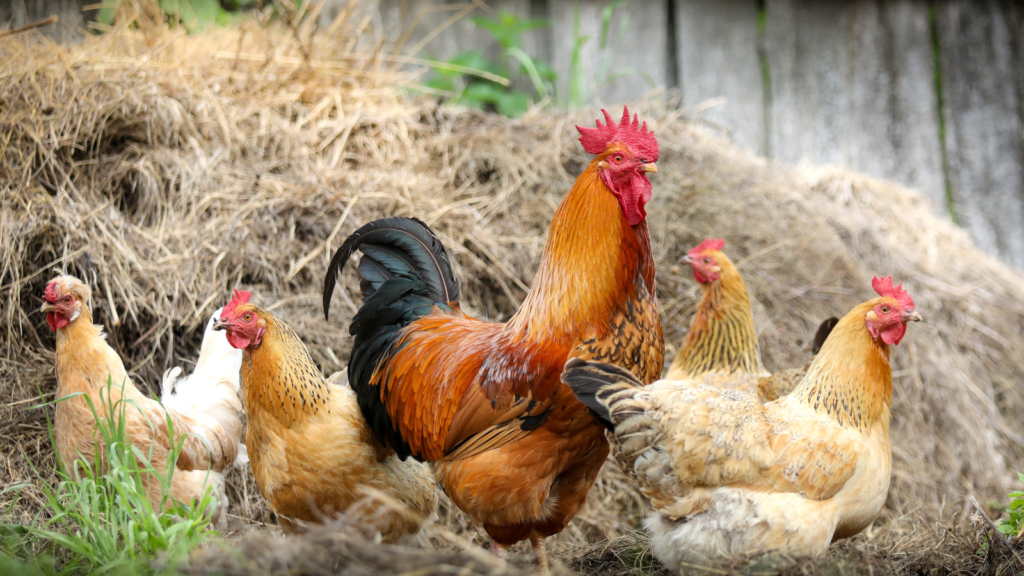
Agroecological natural farming also boosts farmers’ livelihoods, with APCNF leading to a remarkable 49% increase in earnings and improved health outcomes. Gender dynamics benefit from increased female workforce participation, promoting empowerment and inclusion.
True Cost Accounting emerges as a crucial framework, helping policymakers consider economic, social, environmental, and health factors in decision-making. This approach aims to create an environmentally-friendly agricultural landscape that addresses climate change and biodiversity loss while meeting economic and social aspirations.
Social impacts of natural farming include economic gains, trust, cohesion, and reciprocity, particularly benefiting smallholder farmers and enhancing community development. On-farm health risks decrease, resulting in 33% fewer lost working days due to illness.
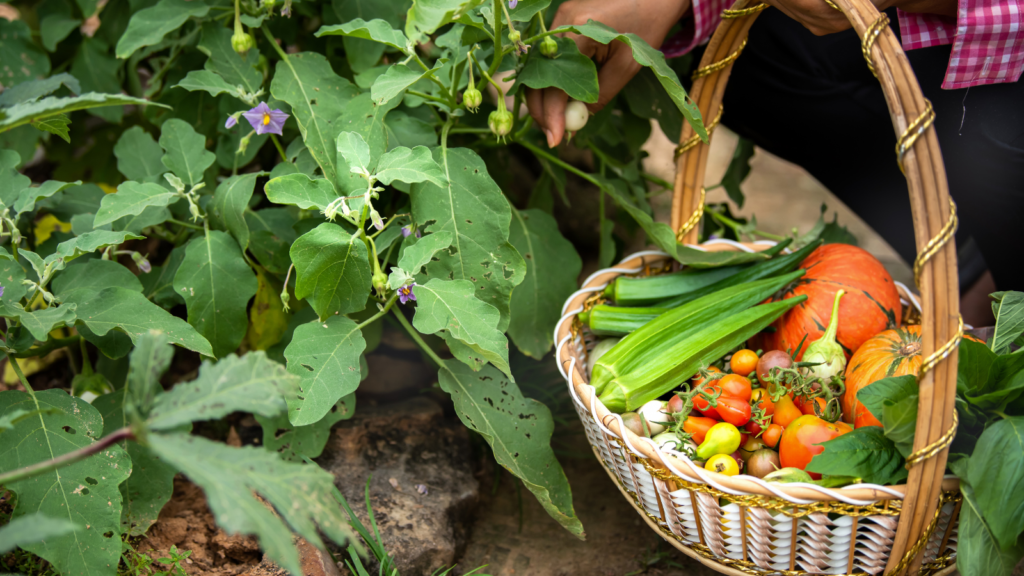
The Andhra Pradesh Community-Managed Natural Farming (APCNF) movement, involving 6 million farmers, 6 million hectares, and 50 million consumers, spearheaded this transformation. Insights were gathered from twelve villages across diverse regions, ensuring broad applicability.
Vijay Kumar Thallam, Executive Vice Chairman of RySS – APCNF, emphasizes the study’s significance in bringing science and economics together. Natural farming isn’t just an agricultural technique; it’s a force promoting cohesion, health, and prosperity.
By embracing agroecological practices like natural farming and employing frameworks like True Cost Accounting, we can transition to resilient, productive food systems while promoting social and economic well-being and reducing public expenditures, says Lauren Baker, Deputy Director of the Global Alliance for the Future of Food.
Agroecological natural farming offers a promising path forward, nurturing the land, empowering communities, and promoting a sustainable future.
This is a very brief version of John’s original report. so we have attached the entire research paper here – Natural Farming Through a Wide-Angle Lens: True Cost Accounting Study of Community Managed Natural Farming

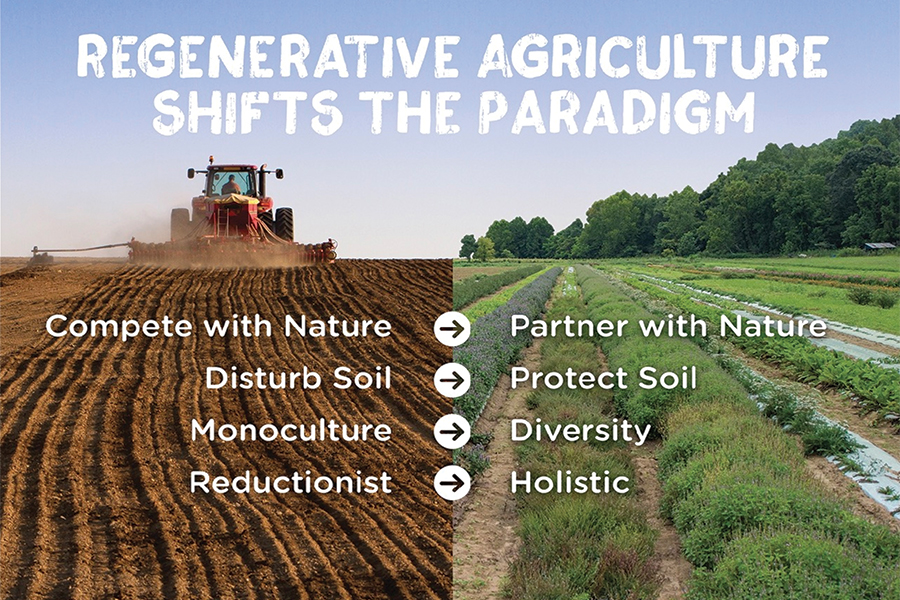


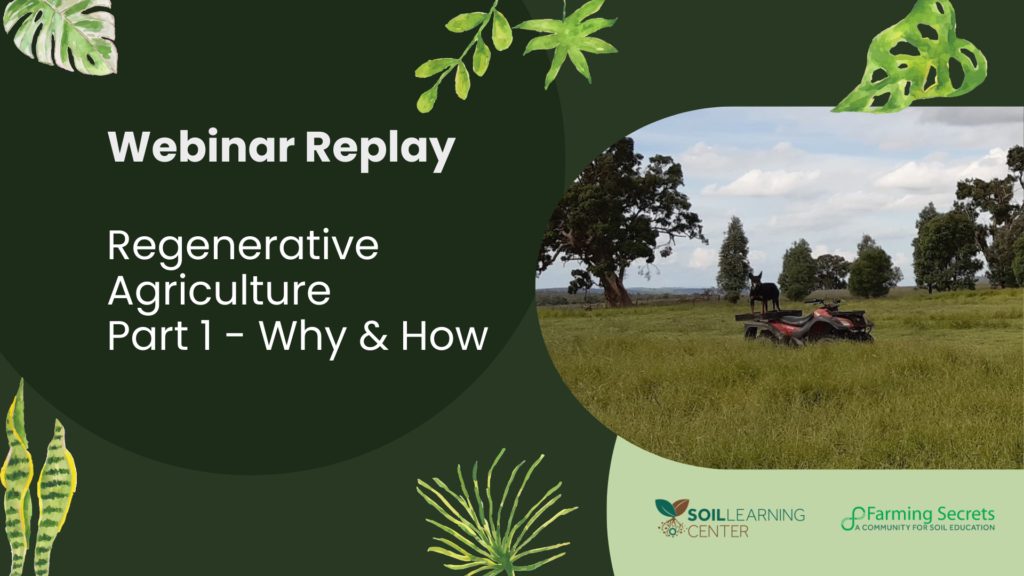


Responses